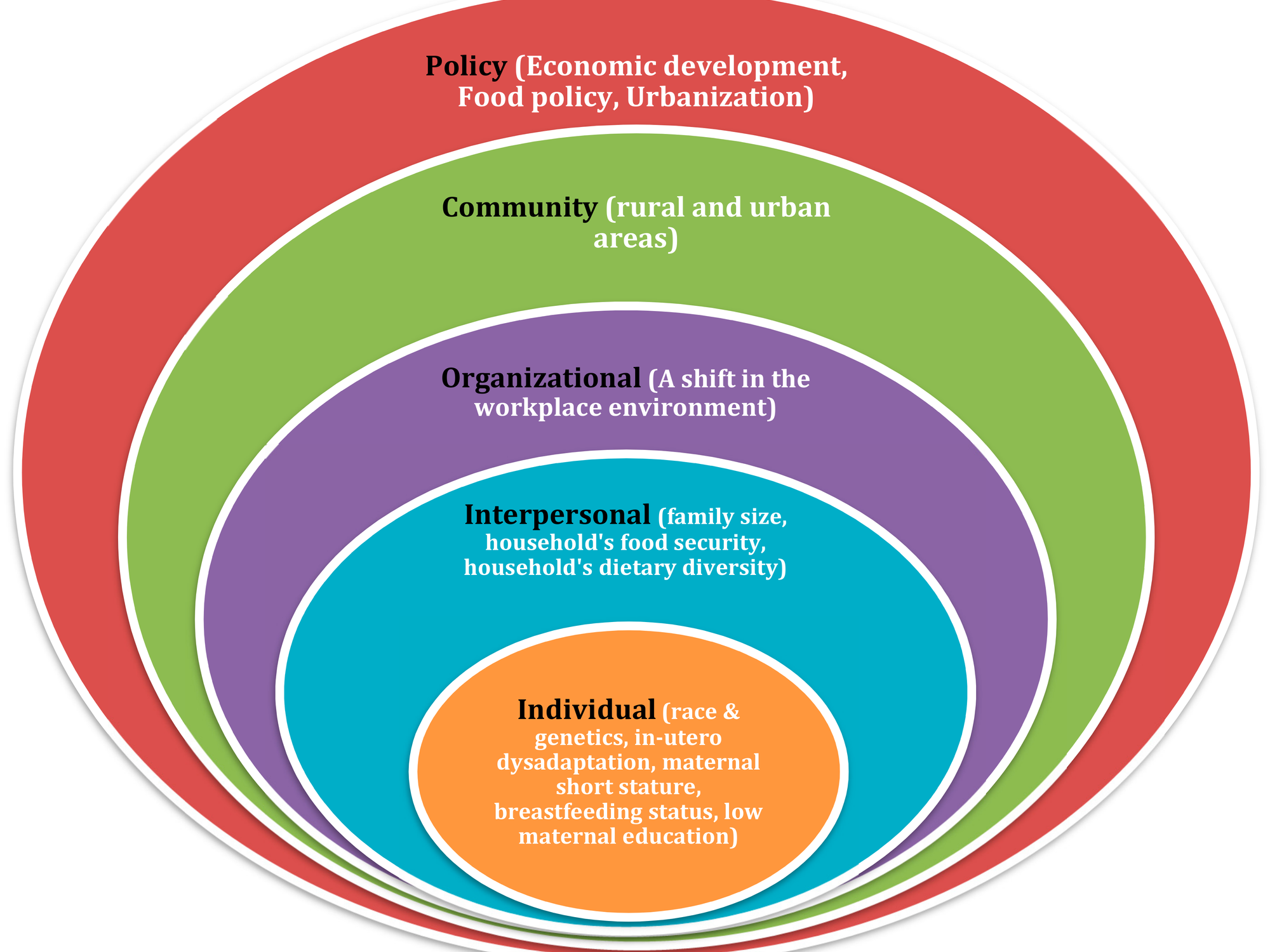Understanding The Complexities of Body Weight Regulation

Chances are, you have tried to regulate your own body weight at some point in your lifetime. Maybe a doctor has advised you to lose weight, or maybe you took it upon yourself to try to increase your health or change your look. What was your strategy?
The Realities of Dieting
Dieting is a popular choice for many. While dieting can sometimes lead to successful weight loss in the short term, it is a notoriously unreliable way to regulate body weight over longer periods of time and rarely addresses all the reasons why a person has chosen to lose weight.
What do we know about dieting? Surveys have shown that about 45% of all males and 60% of all females have tried some way to lose weight over the past three years. Though prevalent, dieting typically does not work long-term. Analyses show that after one year of terminating a diet, people gain about half of the weight back, and after three years, the weight lost is nearly zero.
Why doesn't dieting work? Our bodies have mechanisms to counteract weight loss:
- Habit and Expectation Conditioning: Your body is accustomed to certain eating habits, making it difficult to sustain new ones.
- Food Priming: Most of us are opportunistic eaters, stemming from our inherited instincts from the past. Food information is not just information, it's signaling to your mind that an opportunity has presented itself.
- Sensory Enhancement: When you start dieting, food begins to smell and taste better, tempting you to return to old eating habits.
- Metabolic Rate Adjustment: Dieting lowers your metabolic rate, causing your body to burn fewer calories.
- Food Obsession: Dieting often leads to increased thoughts and conversations about food.
- Eating Induces Eating: After dieting, eating a little can stimulate more eating.
- Clinical Depression: About 30% of dieters experience depression after three months, leading them to abandon their diets.

The Medical Perspective on Weight Loss
Despite the shortcomings of dieting, why does the medical profession push for weight loss? This stems from the concept of an ideal weight, initially derived from insurance actuarial tables. However, recent studies suggest that ideal weights might be healthier when they are higher than previously thought.
Body Mass Index (BMI):
- Traditional ideal BMI ranges are between 20 to 25.
- Newer studies indicate that a BMI of 25 to 30 could be healthier.
- The location of fat is crucial. Abdominal fat (apple-shaped bodies) is more dangerous than fat stored in thighs and legs (pear-shaped bodies).
Health Risks:
- About half of all obese individuals suffer from conditions like diabetes, hypertension, and hyperlipidemia.
- Losing weight can help these conditions, but for those without these health issues, losing weight will not necessarily increase lifespan.
Effective Alternatives to Dieting
While dieting has low long-term efficacy, there are alternative strategies for weight management:
Self-Weighing:
- Regularly weighing yourself can help you track and control your weight.
- Internet-based scales can record and graph your weight, helping you observe trends and make necessary adjustments.
- Studies show that self-weighing can help prevent weight gain and promote weight control over long periods.
The Importance of a Holistic Approach
Regulating body weight is not just about diet. It involves understanding and addressing various factors:

- Macro Nutrients During Exercise:
- Different macro nutrients (carbs, fats, proteins) are used at different times during exercise.
- Carb-loading helps facilitate endurance by providing ample glycogen stores.
- Determinants of Food Intake:
- Social and psychological factors significantly impact how and what we eat.
- Food priming can affect cravings and consumption patterns.

- Proteins and Malnutrition:
- Proteins are essential for muscle repair and growth.
- Diet alone is not the major cause of malnutrition; socioeconomic factors play a significant role.
Conclusion
Dieting alone is not an effective method for regulating body weight in the long term. Instead, consider self-weighing and understanding the broader social and psychological impacts on diet and exercise. Remember, the goal is not just to lose weight but to maintain a healthy lifestyle.
Call to Action:
Stay aware of the social and psychological impacts of exercise and diet. Understand that diet is not the major cause of malnutrition. By approaching weight regulation holistically, you can achieve better health outcomes and maintain your well-being.
---
Join our community of Health and Wellness advocates and medical professionals to share insights and support each other on this journey.




